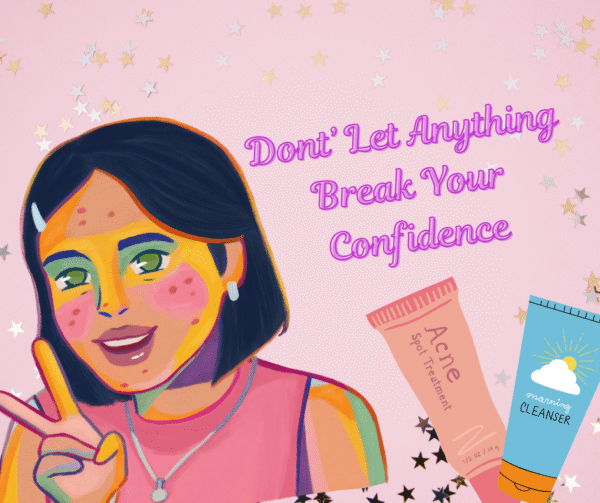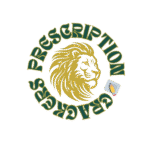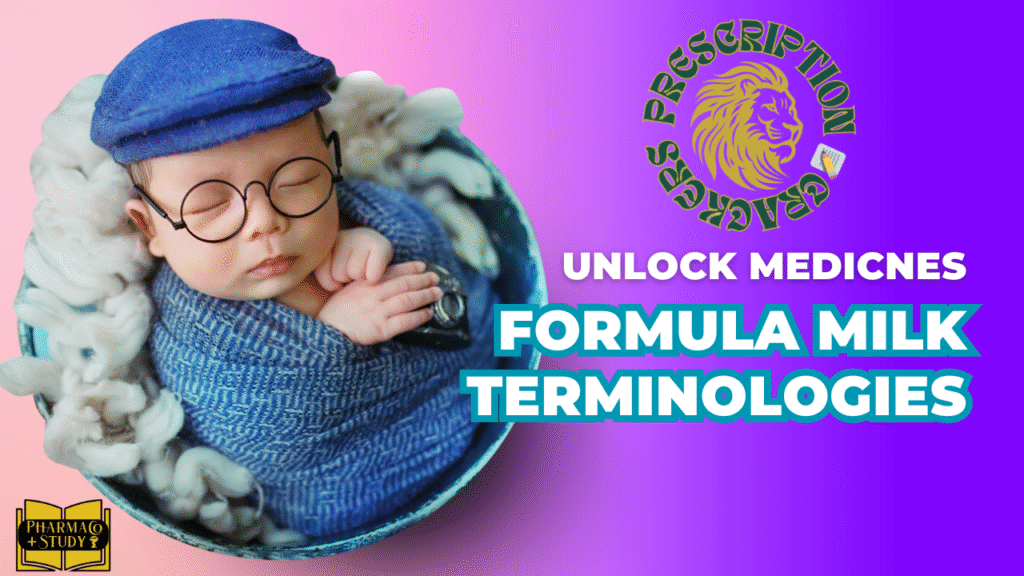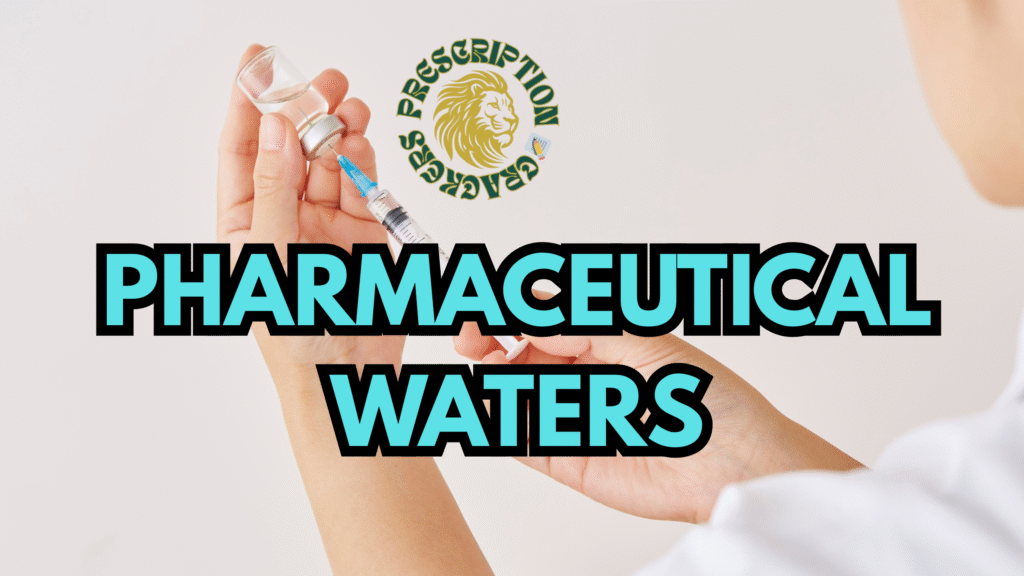Acne Vulgaris-From Breakout to Brilliance!!

Acne vulgaris is a disease of skin relating particularly to sebaceous glands (sebum producing glands) (pilosebaceous unit) , that may result in inflammatory or non-inflammatory acne. The non-inflammatory acne is presented as open and closed comedones while the inflammatory acne appears as papules, pustules or nodules. It is not a life threatening disorder however it affects the patient’s self-esteem. It affects the patient both psychosocially as well as psychologically such as a patient develops poor self image, anxiety and depression which leads to deteriorating the patient’s quality of life.
CAUSES OF ACNE VULGARIS:
The four main reasons of developing the acne vulgaris are as follow
- Alteration of follicular keratinization that leads to comedones
- Alteration of sebum production due to the hormonal changes such as androgen
- Colonization of follicles by bacteria propionibacterium acne
- Different inflammatory mechanisms that involve innate or acquired immunity.
The other contributing factors that lead to the development of acne vulgaris or promote the growth of propionibacterium acne includes environmental factors such as smoking, cosmetics that cause occlusion, diet such as chocolate and dairy consumption and genetics. Some medications such as lithium and steroid drugs may also contribute to the development of acne.
SEVERITY OF ACNE:
- If there is no inflammation present then it reflects mild acne.
- Presence of pustules and papules represents moderate acne.
- Deeper inflamed nodules represent severe acne.
TREATMENT OPTIONS FOR ACNE VULGARIS:
- Topical creams
- Topical gels
- Oral antibiotics
- Hormone based therapy
- Injections
- Soaps
- Laser light treatment
- vaccines
FACTORS TO BE CONSIDERED BEFORE INITIATING THE TREATMENT OF ACNE VULGARIS:
- Types and severity of acne
- Type of skin (dry or oily)
- Past medical history
- Menstrual history of women
- Presence of scarring
- Patient’s age
MEDICINES TO TREAT ACNE VULGARIS:
Topical medications are considered to be the safest option to treat acne vulgaris. The topical medicines are available in the form of creams and gel. They are available as OTC AND PRESCRIPTION medicines. Oral medications are also used in case of moderate to severe acne and when the acne doesn’t respond to topical therapy.
TOPICAL THERAPY FOR ACNE VULGARIS
MOST COMMONLY USED TOPICAL MEDICINES ARE:
- TOPICAL RETINOIDS:
Topical retinoids are also known as comedolytics ( that inhibits the formation of comedones and blemishes that are formed when oil and skin cells get trapped in the skin pores), they are obtained from vitamin A. They are used alone or in combination with other topical agents such as most antibiotics. They are first line treatment for the mild to moderate acne.
CLASSIFICATION OF TOPICAL RETINOIDS:
- TRETINOIN (Vitamin A derivative)
- ISOTRETINOIN (undergoes isomerization to tretinoin)
- ADAPALENE (synthetic retinoid, less effective compared to other retinoids but are less irritating and doesn’t causes photosensitivity and considered to be FIRST LINE treatment for ACNE VULGARIS)
- TAZAROTENE (synthetic retinoid, more efficacious especially when used in combination with other topical agents such as antibiotics and benzoyl peroxide. However they have more side effects like dryness and irritation, so considered to be second line treatment when adapalene and tretinoin doesn’t prove to be effective).
- BENZOYL PEROXIDE (BP):
Benzoyl peroxide is available as cream, gels and lotions. It possesses anti-inflammatory, anti-microbial and comedolytic properties. It is used as a peeling agent in treatment of acne.
- AZELAIC ACID:
It is a naturally occurring dicarboxylic acid. It possesses anti-inflammatory, anti-keratinizing and bacteriostatic properties which causes the protein synthesis inhibition in acne causing bacteria thus decreasing the concentration of acne propionibacterium on the surface of the skin.
- TOPICAL ANTIBIOTICS:
Topical antibiotics work by inhibiting the growth of acne causing bacteria. They are thought to accumulate in the follicles and work through anti-bacterial and anti-inflammatory effects. Most commonly used topical antibiotics are CLINDAMYCIN AND ERYTHROMYCIN.
These antibiotics are mostly used in combination with other topical agents to avoid the development of resistance.
ORAL MEDICATIONS FOR ACNE VULGARIS
- ORAL ANTIBIOTICS:
Oral antibiotics are used in case of moderate to severe acne and when the acne doesn’t respond to topical treatment. They are considered as second-line treatment. Oral antibiotics are usually used in combination with topical retinoids and BP, if tolerated.
The antibiotics which are considered to be the drug of choice in case of oral antibiotic treatment are as follow:
- TETRACYCLINES are considered to be the first line treatment for moderate to severe acne. This class include following antibiotics :
- Doxycycline (usual duration= 4-6 months)
- Minocycline (usual duration= 4-6 months)
- MACROLIDE ANTIBIOTICS (usual duration= 4-6 months) e.g.
- Erythromycin
- Azithromycin
All these antibiotics come with side effects like gastro-intestinal upset and photosensitivity.
2. ORAL ISOTRETINOIN:
Oral isotretinoin have multiple actions like decreasing the sebum secretion, preventing the formation of comedones and inhibiting the colonization of propionibacterium acne. They also have anti-inflammatory action. Contraindicated in pregnancy and in women who are planning to conceive.
Sources: American Academy of Dermatology, Mayo Clinic, Medscape
SELF-CARE TIPS FOR ACNE VULGARIS:
- Clean your skin twice daily with mild non-comedogenic cleanser
- Avoid scrubbing your skin harshly-this can irritate your skin
- Pat your face dry with a clean towel
- Avoid heavy creams and greasy makeup
- While selecting any skin care product look for “non-comedogenic, oil-free and won’t clog pores” labels containing products
- Don’t sequeeze or pop your pimple as it can worsen the acne and may also cause scar
- Minimize high sugar containing foods
- Add vegetables, zinc, vitamin C and omega-3 containing supplements or food in your diet.
- Must do exercise for atleast 30 minutes a day
- Avoid taking stress as it can worsen the acne due to hormonal changes
- Clean pillow cases and towels daily
- Don’t share your towel or facemask with anyother person
- Clean your makeup brushes weekly
This article is for informational purposes only and does not constitute medical advice. Please consult a dermatologist for personalized treatment!.


